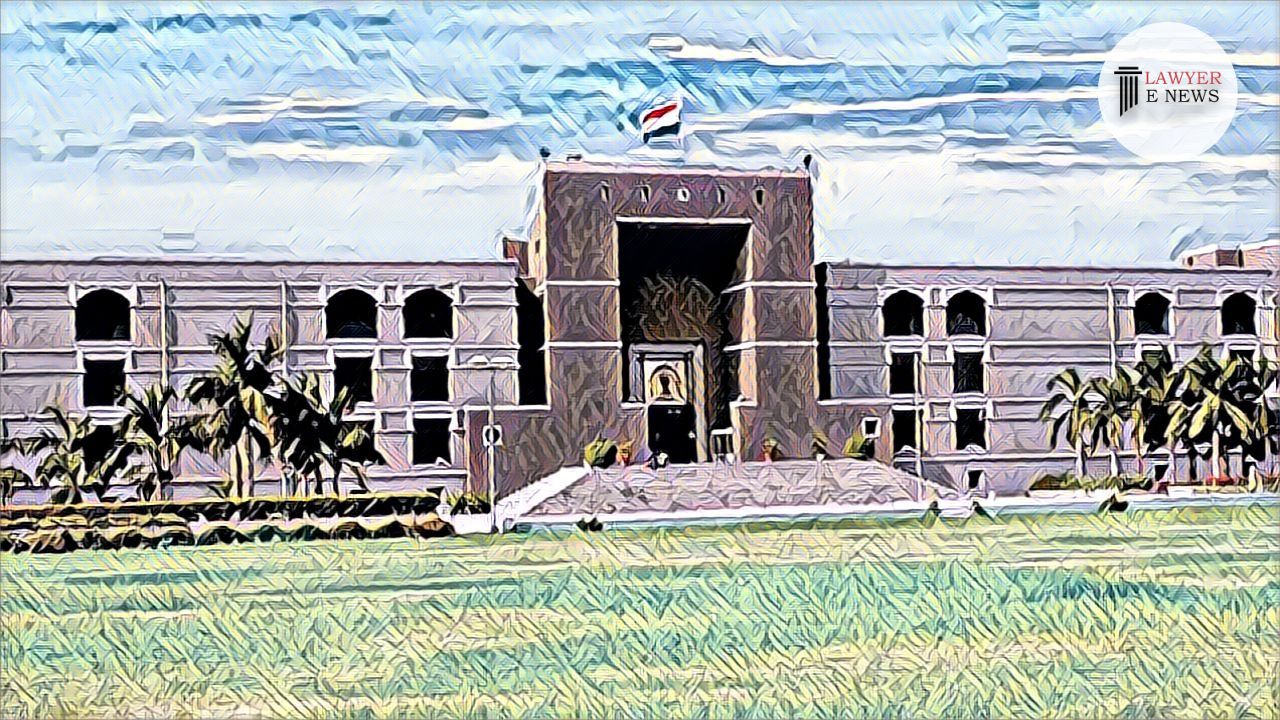-
by sayum
14 February 2026 2:22 PM



High Court confirms trial court's acquittal of accused under Sections 498(A), 306, and 114 of IPC, emphasizing the significance of consistent and credible evidence.
In a significant ruling, the Gujarat High Court has upheld the acquittal of Rameshbhai Karshanbhai Gohil and others accused of dowry harassment and abetment to suicide. The judgment, delivered by Justice Vaibhavi D. Nanavati, reaffirms the decision of the trial court, citing the lack of substantial evidence to overturn the acquittal. The court emphasized the importance of consistent and credible evidence in such serious allegations.
The case originates from a complaint filed by Nanjibhai Arjanbhai Dhokia, whose daughter, after enduring two years of alleged mental and physical torture from her husband Rameshbhai Karshanbhai Gohil and in-laws, committed suicide by self-immolation. The prosecution charged the accused under Sections 498(A) (cruelty by husband or relatives), 306 (abetment to suicide), and 114 (abettor present when the offence is committed) of the Indian Penal Code (IPC).
The High Court noted that the evidence presented by the prosecution, including the testimonies of the deceased's parents and the medical reports, did not conclusively prove the charges against the respondents. Justice Nanavati pointed out that the discrepancies in the prosecution's case created reasonable doubt about the guilt of the accused. "The trial court's decision is a plausible view and does not suffer from perversity," the judgment stated.
One of the pivotal aspects of the case was the dying declaration of the deceased, recorded by the Executive Magistrate and certified by a doctor, in which she stated that the injuries were accidental, occurring while she was trying to light a stove. The High Court gave significant weight to this declaration, considering it credible and made in a sound state of mind.
Justice Nanavati extensively discussed the principles governing appeals against acquittals, emphasizing the double presumption of innocence in favor of the accused. The judgment referenced several Supreme Court rulings that outline the stringent standards for overturning acquittals, highlighting the necessity for the appellate court to find "absolute assurance of the guilt" based on the evidence on record.
"The appreciation of evidence is the core element of a criminal trial, and such appreciation must be comprehensive, inclusive of all evidence, oral or documentary," Justice Nanavati observed. "The dying declaration recorded by the Executive Magistrate, certified by the doctor, and the absence of conclusive evidence supporting the prosecution's case, justify the trial court's decision."
The Gujarat High Court's decision to uphold the acquittal underscores the judiciary's commitment to a thorough and fair evaluation of evidence in criminal cases. By reaffirming the trial court's findings, the judgment highlights the critical importance of credible evidence and the high threshold for overturning acquittals. This ruling is expected to influence future cases, particularly those involving serious charges like dowry harassment and abetment to suicide, reinforcing the legal standards for evidence and judicial review.
Date of Decision: May 15, 2024
The State of Gujarat vs. Rameshbhai Karshanbhai Gohil & Ors.
